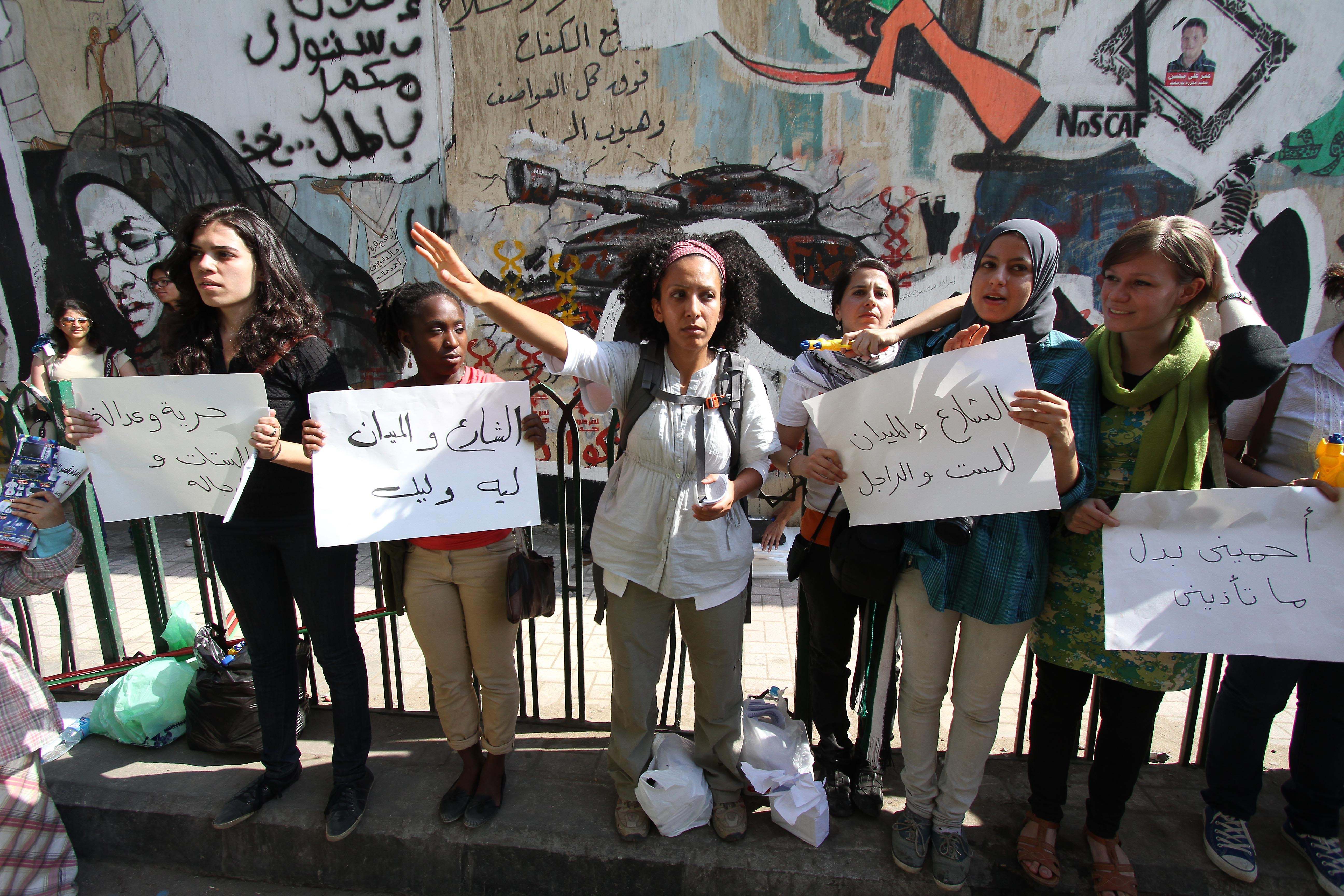By Safaa Abdoun
CAIRO: Spokesperson of the April 6 Youth Movement, Mohamed Adel, said the council of Wise Men does not represent the movement nor the people demonstrating in Tahrir Square in any way.
“We don’t know anything about the Council of Wise Men and the resolutions and statements they’re making,” Adel said.
The Council of Wise Men comprises a group of experts including Secretary-General of the Arab League Amr Moussa, business tycoon Naguib Sawiris and lawyer Ahmad Kamal Abul Magd.
Speaking from Tahrir Square, General Coordinator of the April 6 Youth Movement, Ahmed Maher, said there was no representative of the youth in Tahrir Square attending the talks between the opposition forces and government.
“There is no representative of the young people from Tahrir Square as they have refused to attend,” said Maher.
He explained that the protests will keep going and that they will be ready to start the negotiations as soon as President Hosni Mubarak steps down.
Speaking on a state TV talk show “Men Qalb Masr” (From the Heart of Egypt) on Saturday, Sawiris pointed out that many of youth’s demands, along with those of the council, need time.
However, he outlined that those which can be immediately met include ending the state of emergency, forming a committee to draft constitutional amendments and for the president to step down from his post as head of the National Democratic Party.
Director and scriptwriter Mohamed Diab, who is an active participant in the protests in Tahrir Square, said, “The Council of Wise Men outlined demands that if met, I can guarantee you that 90 percent of the people in Tahrir Square will leave.”
Meanwhile, Sunday marked the start of the “Week of Resilience” as dubbed by protesters who vowed to remain in Tahrir Square until their demands are satisfied, as normalcy relatively returned to Cairo’s streets.
Protesters also dubbed Sunday “Martyrs’ Day,” as they remembered those who lost their lives since mass protests broke out on Jan. 25.
The demonstrators still in Tahrir Square, includin members of the April 6 Youth Movement, are however frustrated at the growing negative public opinion blaming them for the instability and chaos Egypt has witnessed over the past week.
“There is a revolution against the revolution,” said Diab. “I’m sacrificing everything and fighting for the rights of the people and yet there is a campaign against us,” he said on the same talk show, in a rare appearance for protest leaders on state TV.
“If I see real reform, the last thing we’ll ask for is for Mubarak to step down,” he asserted.
Osama El Shazly, another demonstrator, said that their key demands haven’t been met, which include immediate constitutional reform, putting government officials on trial, dissolving parliament and canceling emergency law.
Diab asserted that their most important demand at the moment is dissolving parliament. “How could a corrupt and fake parliament make constitutional reform?”
“[However], if the parliament is dissolved and another one is elected through fair elections, by that I guarantee that the constitutional amendments and reform will be made by Egypt and not the NDP,” he explained.
The protesters in Tahrir Square are behind the daily calls for dedicated rallies and million man marches such as “Friday of Anger”, “Friday of Departure” and “Week of Resilience”.
“We, the protesters in Tahrir Square, are the ones coming up with these, not other bodies whether foreign or [local] opposition. The people in Tahrir Square are the ones organizing these movements,” Adel explained.


